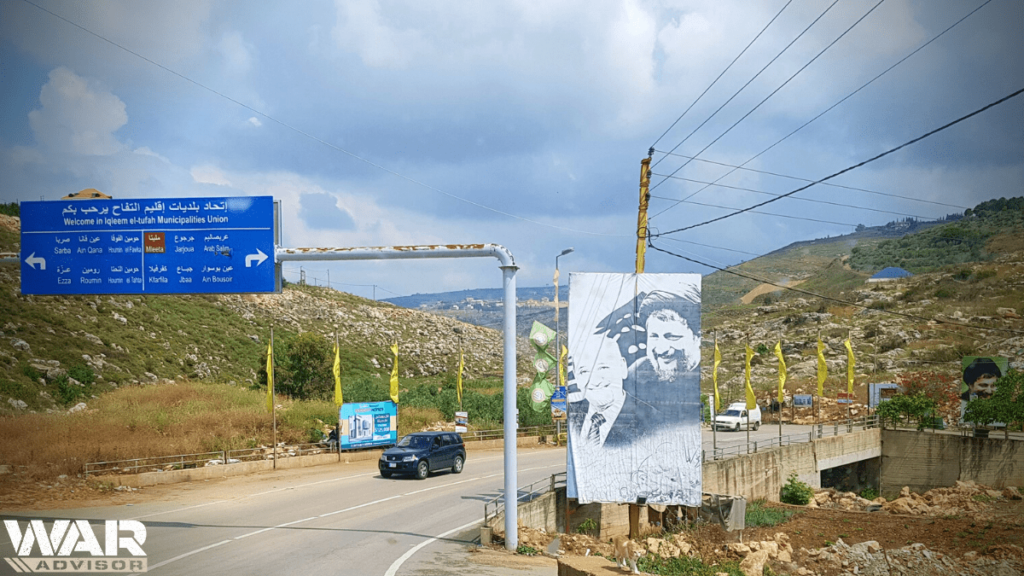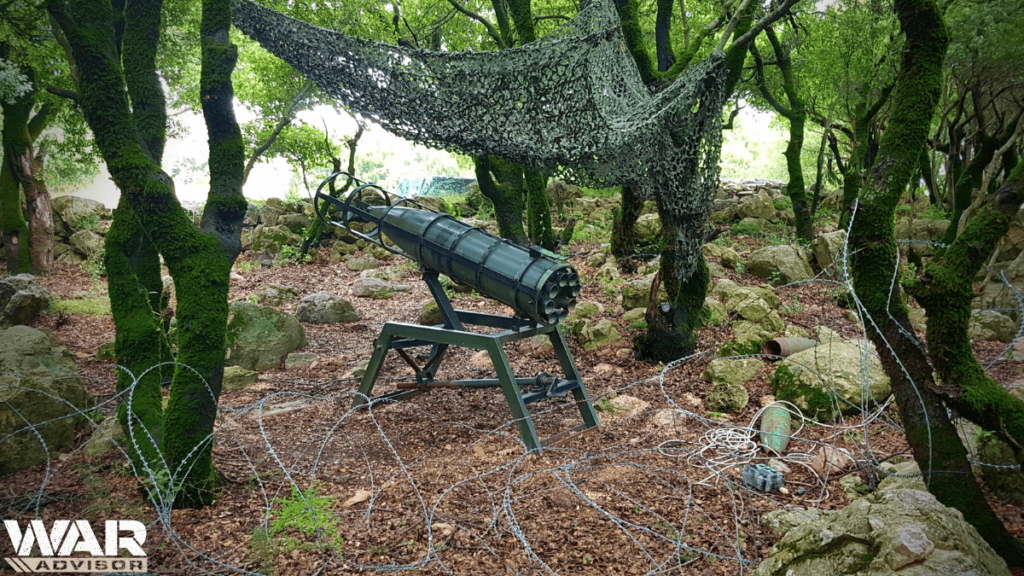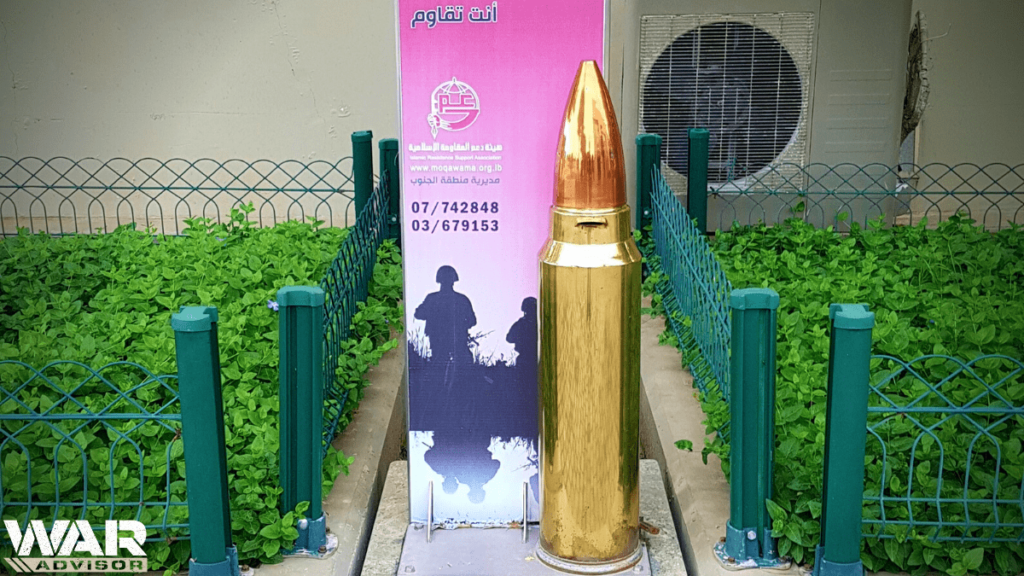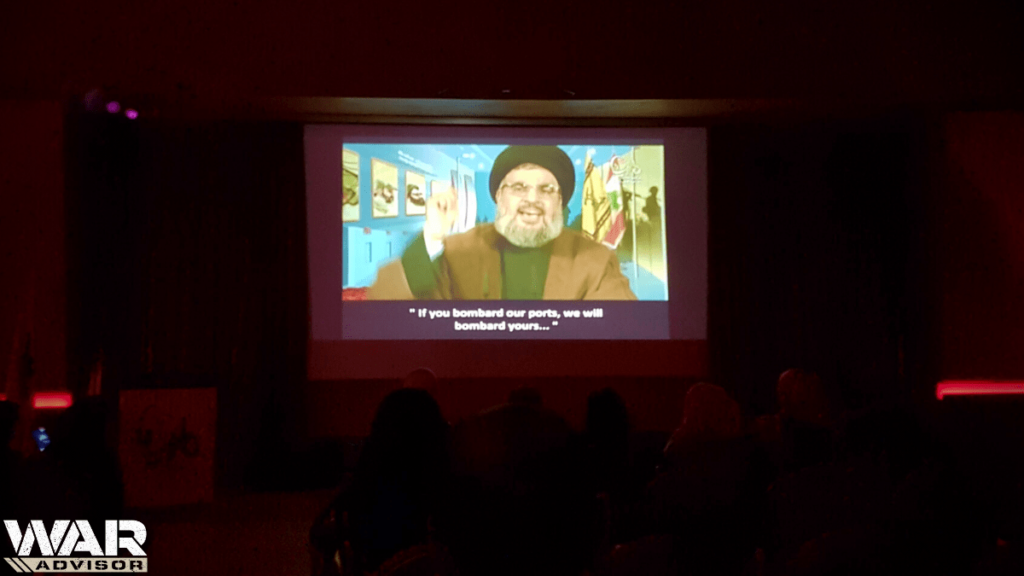Since the end of the global Cold War, terrorism and violent non-state actors have become the greatest threat to the world since nuclear conflict.
The majority of terrorist groups work to use violence to push a political agenda, using Bruce Hoffman’s definition provided in Inside Terrorism.
All terror groups, from al-Qaeda to the Red Army Faction, desire to make real political and legitimate change by using violence and, in many cases, export that violence abroad against their desired targets or ally themselves with fellow terror groups or allies.
Hezbollah is one of the most effective terror groups in this new era of non-state actor violence.
The role of Hezbollah in South America and its terror operations have been incredibly well developed to a frightening degree, which we’ll be exploring today.
The History of Hezbollah
Hezbollah is a group likely many older individuals well versed in Middle Eastern affairs will be familiar with.
The non-profit, non-governmental organization (NGO) Counter Extremism Project defines Hezbollah as “an Iranian-sponsored, internationally sanctioned terrorist group with an anti-Israel and anti-U.S. agenda” largely carrying out “terrorist and criminal operations around the world” but primarily in Lebanon.
Hezbollah was founded in the very late 1970s by Shia Muslim clerics “following the Islamic revolution in [Shia]-majority Iran in 1979 and the Israeli invasion of Lebanon in 1982 … with the goal of driving Israel from Lebanon and establishing an Islamic republic there”.

The group, throughout the 1980s, was involved in terrorist attacks throughout Lebanon but truly came to international prominence in 1983 with their “attack on the U.S. Marines barracks in Beirut, which killed 241 servicemen”.
Since Israel’s 2000 withdrawal from Lebanon, Hezbollah has continued its attacks upon Israel but also has somewhat transformed into a legitimate political party, though doing so seemingly not out of a desire to see political change in Lebanon but rather “in response to potential threats to its armed status, what it calls its “resistance priority” … [preferring] to avoid the pitfalls of Lebanon’s political quagmire, believing that it complicates the more pressing goal of confronting Israel”.
While Hezbollah’s actions in the Middle East are important to better understand the organization as a whole, Lebanese politics, and the relations between Israel and other Arab nations, in understanding Hezbollah more concretely, one can look to their operations undertaken in South America.
Hezbollah in South America
Like other terror groups, they desire to extend their reach and gain further power to fund their operations or make war against their enemy. By becoming more active in South America, Hezbollah can accomplish this rather well.
Hezbollah’s activity in South America has been apparent since the 1990s. Matthew Levitt, a Senior Fellow in Terrorism Studies at The Washington Institute for Near East Policy, spoke at the International Policy Institute for Counter-Terrorism conference in 2003.
In his comments, Levitt stated that Hezbollah “is indeed a terrorist group of global reach” with their operations extending globally, but also in South America via “pirating multimedia and engaging in Mafia-style shakedowns of local Muslim businesses” as well as being suspects in several Jewish and Israeli targeted bombings in Buenos Aires and operating “import-export companies … in free trade zones”.
The group is also suspected in the 1994 downing of Alas Chiricanas Flight 901, an action which the Panamanian President called “clearly … a terrorist attack”.

However, even Levitt admits that much of Hezbollah’s activities in South America are unknown and rather understudied. However, Hezbollah is known to be quite active in Venezuelan affairs.
Joseph M. Humire, the executive director of the Center for a Secure Free Society, a national security-oriented think tank, covered this in an article for the Atlantic Council.
Venezuela has long been a prime vacation destination for Lebanese nationals looking to escape from the ongoing Lebanese Civil War (and the fact that Venezuela is a vastly oil-rich nation); there is some logic as to why Hezbollah and other Lebanese-based terror groups would decide to engage in operations in the South American nation-state.
The Rada, Nassereddine, and Saleh Clans
According to Humire, “Hezbollah’s support network operates through compartmentalized, familial clan structures that embed into the Maduro regime-controlled illicit economy and the regime’s political apparatus and bureaucracy”, with the Rada, Nassereddine, and Saleh Clans being the three primary Venezuela-based entities that support Hezbollah and assist in their operations in the nation; these clans operate in a variety of illicit financial crime and other criminal activities including narcotics trafficking, money laundering schemes, weapons procurement, and other related criminal activities.
The majority of this information has come through repeated and thorough criminal investigations and intelligence collection collected by the U.S. Department of Justice (DOJ) and Department of Treasury; in addition to this, many clan individuals have been sanctioned or are considered a Specially Designated Narcotics Trafficker (SDNP) or Specially Designated Global Terrorist (SDGT).
Not only have these clans been involved in these criminal activities to benefit Hezbollah, but they have also been involved in activities that directly benefit the Venezuelan or Maduro government.

The Rada and Saleh clans, though, operate in an odd way. Humire states that Rada and Saleh “are not formally a part of the Maduro regime” and instead work to solely “manage aspects of the illicit economies of drugs, weapons, contraband, smuggling, and money laundering between Venezuela, Lebanon, and Syria [providing] a specific service and comparative advantage for connecting Hezbollah to the Maduro regime, acting as “convergence points” to the regime-controlled illicit economy and specific sectors of its licit economy, establishing a degree of plausible deniability for both the Maduro regime and Hezbollah’s leadership, which both deny any direct cooperation”.
The same cannot be said of the Nassereddine clan. Humire writes that Ghazi Nassereddine, alongside his brother Abdallah, were of immense political prominence in Venezuela, with Ghazi even being a diplomat at the Venezuelan Embassy in Damascus and arranging “meetings between senior Venezuelan officials and high-ranking Hezbollah operatives” with Drug Enforcement Administration (DEA) informants stating in 2009 that Ghazi “fixed a meeting in Syria between Hezbollah and Venezuela’s then-Interior Minister Tareck El Aissami, and the Venezuelan military counterintelligence chief, Hugo Carvajal Barrios”.
Furthermore, one member of the Nassereddine clan is “believed to be in charge of security for Venezuela’s current Minister of Petroleum and former Vice President Tareck El Aissami”, an already well-known figure within Venezuelan politics and internal security.
“In this ungoverned border region, where Brazil, Argentina, and Paraguay meet, the local law enforcement authorities have been unable to counter the activities of numerous terrorists and criminal organizations”.
Independent researchers, journalists, and the U.S. government have noted this link between the Venezuelan government, the Maduro cabinet, and Hezbollah, but some have gone further.
Jorge Marulanda, a former Colombian military officer and author of a book on Islamic terrorism in Latin America, stated in an interview with The Jerusalem Post that Hezbollah “has training centers and many other facilities in Venezuela that they do not have in the rest of Latin America”.
While this is purely an allegation and not corroborated by other, more authoritative investigative agencies, this nonetheless shows how prevalent Hezbollah is in the minds of Latin American counterterrorist officials and financial auditors.
Conclusion
From an American perspective, Hezbollah’s activities in South America constitute a serious national security risk.

In 2011, during a House of Representatives hearing of the Subcommittee on Counterterrorism and Intelligence of the Committee on Homeland Security, Representative Jackie Speier asserted, “[Hezbollah] reportedly conducts extensive illicit financing activities in Latin America, including drug trafficking, counterfeiting, and contraband smuggling. The epicentre of these activities is the Tri-Border Area. In this ungoverned border region, where Brazil, Argentina, and Paraguay meet, the local law enforcement authorities have been unable to counter the activities of numerous terrorists and criminal organizations”.
Having a terrorist group so close to the United States which engages in illicit financing, narcotics trafficking, and supporting a dictatorial regime naturally poses international and national security concerns.
“In understanding Hezbollah more concretely, one can look to their operations undertaken in South America.”
With Hezbollah, there is a nexus of supporting international terrorism with a regional focus in the Middle East and the support of two totalitarian and despotic regimes, the Maduro presidency and the Islamic Republic of Iran.
Especially having a terror group that practices their trade and craft within the borders of the United States (as they have been known to do post 9/11 in Charlotte, North Carolina, for example), this necessitates a larger response from Southern American nations in countering the activities of Hezbollah, but also a larger effort needs made by investigators, intelligence analysts, and senior officials to halt illicit financing that traces back to Hezbollah linked individuals.
Related Articles On Middle Eastern Affairs
- Is Syria Safe? Crucial Advice For Traveling to Syria in 2022
- Egyptian AK 47: Meet The Iconic Maadi AKM!
A combined effort that focuses on Hezbollah-centered activity in Latin America would not only be able to work against a known terror network that operated in Lebanon but also would be able to work against the Maduro regime and the Islamic Republic of Iran, two prime enemies of the United States.

